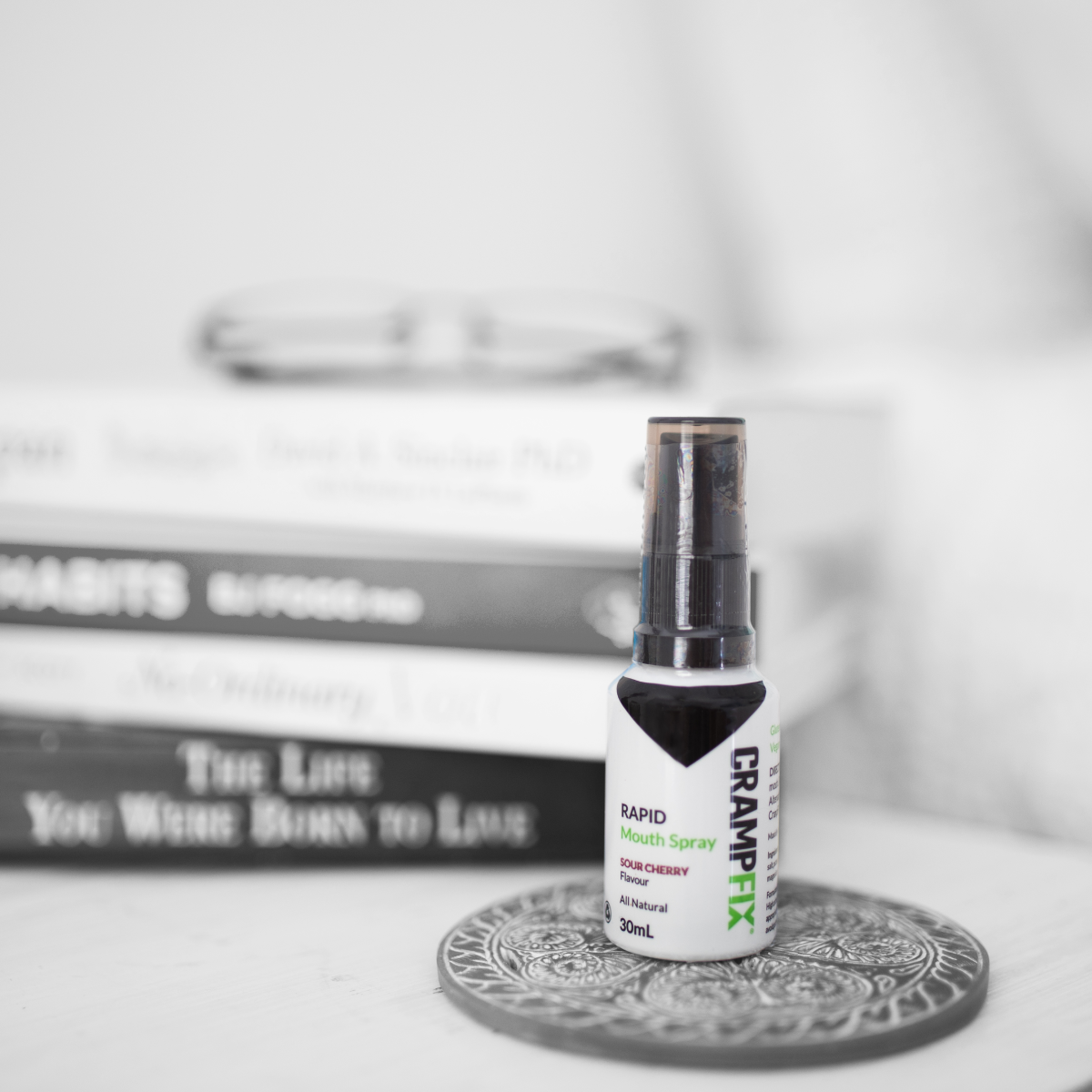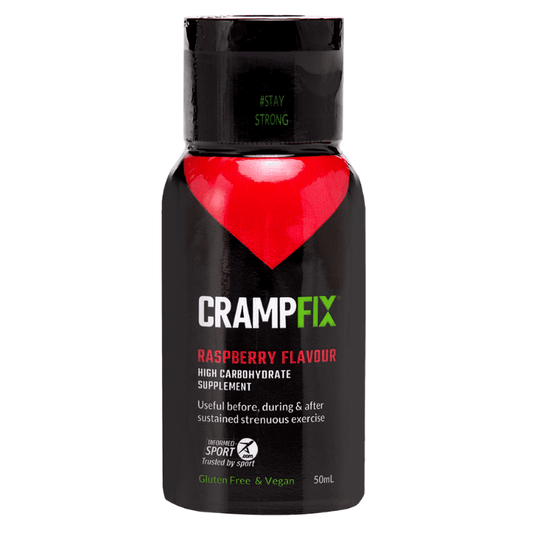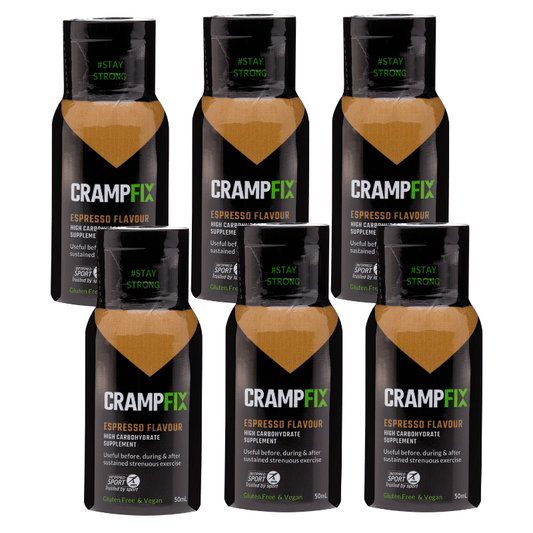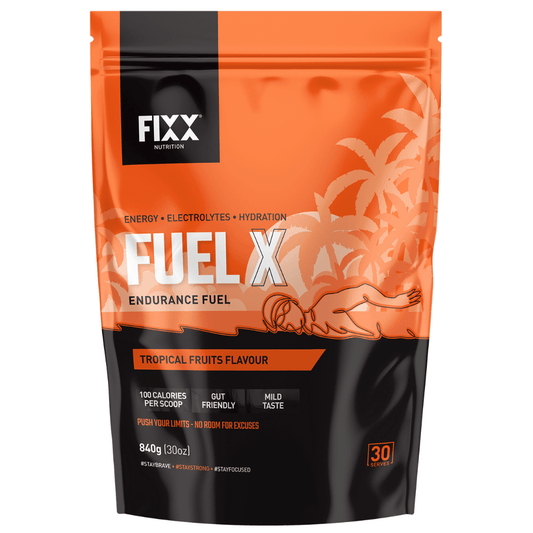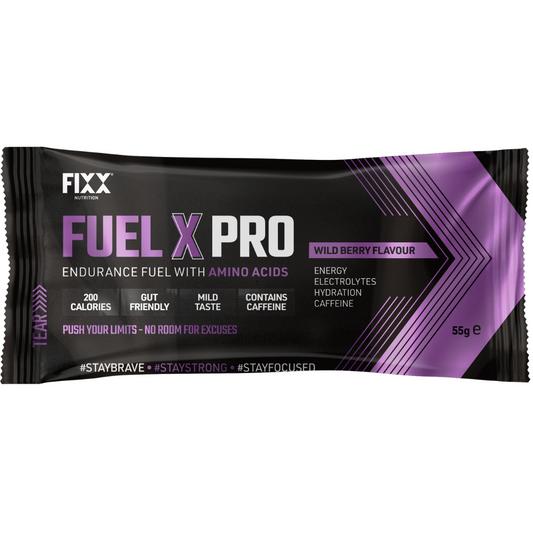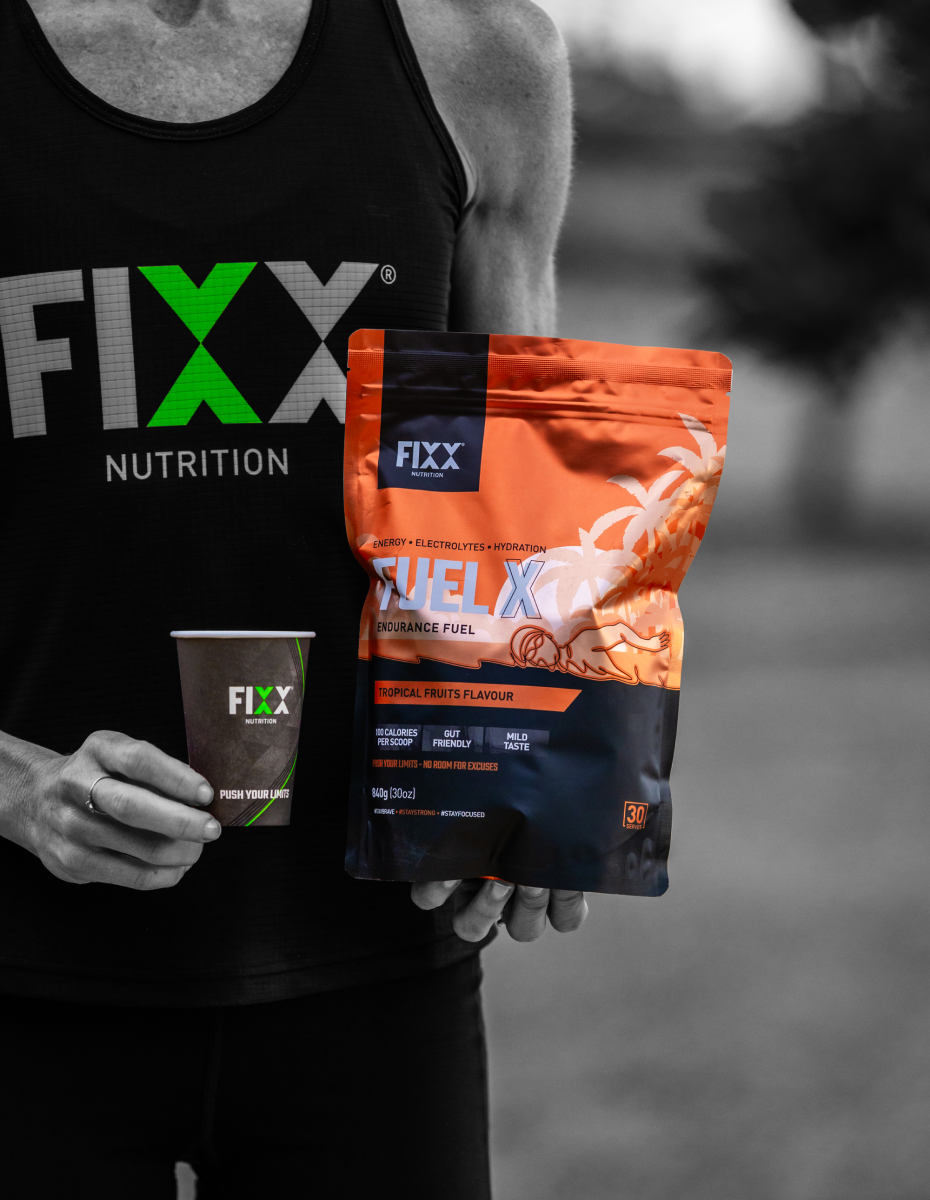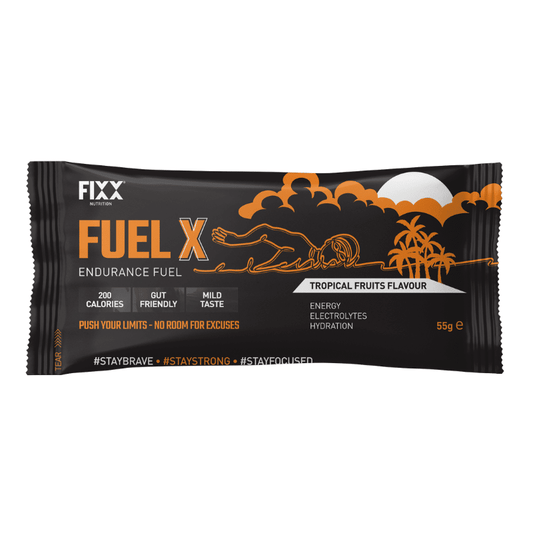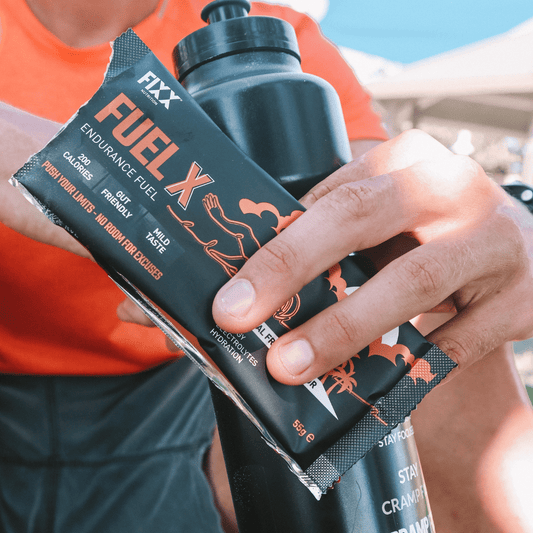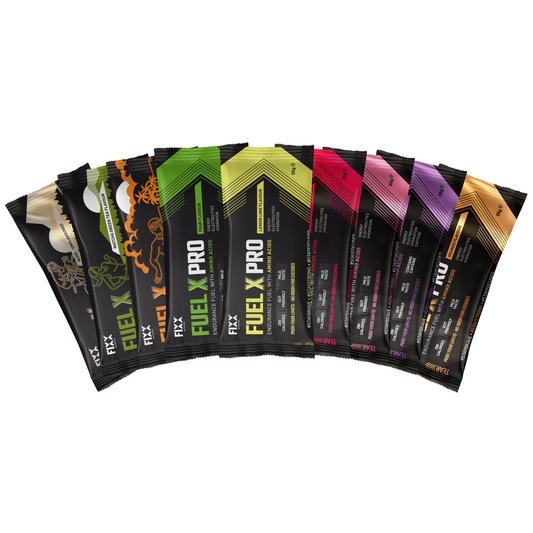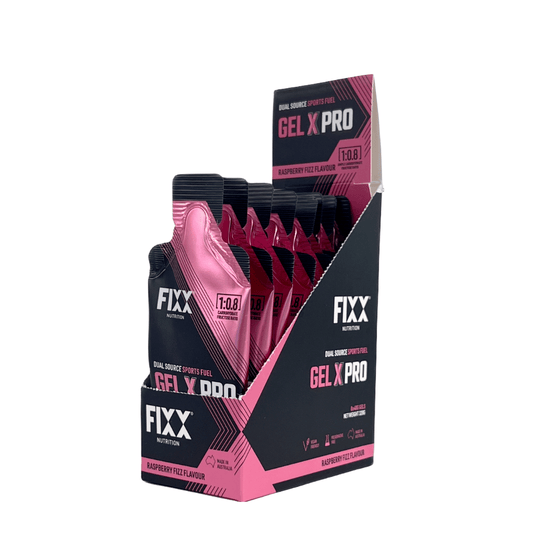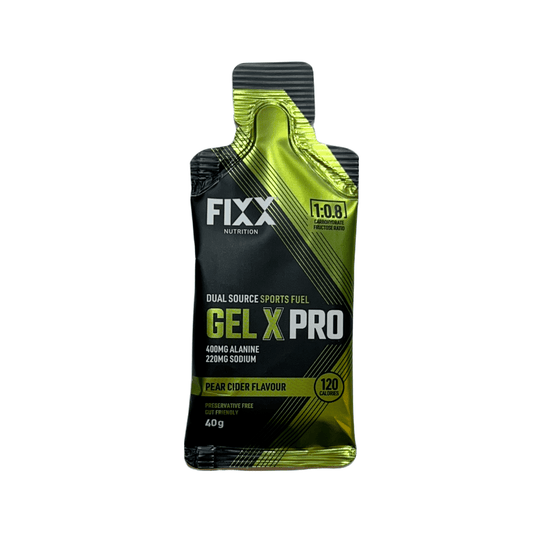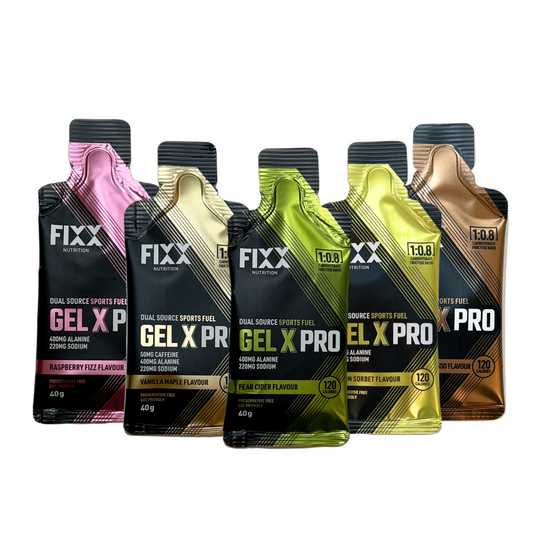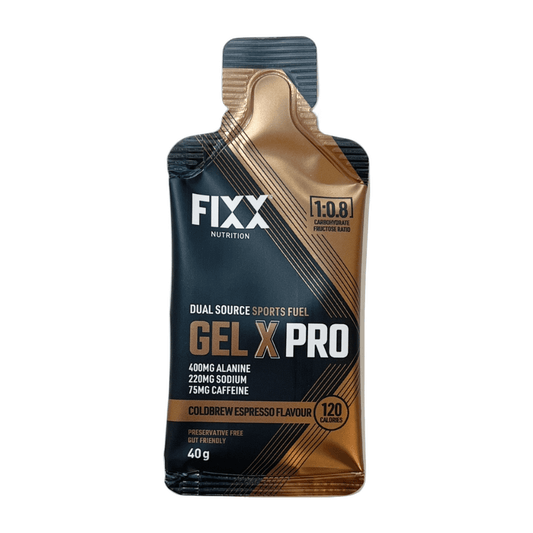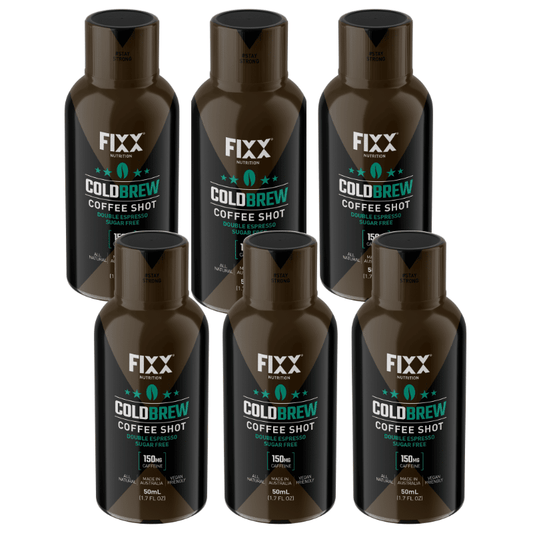SHOP CRAMPFIX®
Crampfix 20ml Shot Box Of 15 Lemon
Crampfix 20ml Shot Raspberry
Crampfix 50ml Raspberry
Crampfix 50ml 6 Pack Espresso

CrampFix is our signature product which offers very fast relief from muscle cramps. Originally developed for professional rugby players, CrampFix is sold in 1000+retailers in Australia and is exported to 15 countries.
The sports range is used by many professional teams including the Wallabies, UK Cricket & Football and theSpringboks. The range also includes a product for rapid relief of non-exercise related muscle cramps.
CrampFix products are Informed Sport accredited.


SHOP Products
Fuel X 30 Scoop Bag Tropical
Fuel X Pro 55g Sachet Wild-berry Caffeinated
Fuel X 55g Sachet Tropical
Fuel X Introductory 9 Pack
Gel X Pro Box Of 8 Raspberry Fizz
Gel X Pro 40g Pear Cider
Gel X Pro Introductory 5 Pack
Gel X Pro 40g Coldbrew Espresso
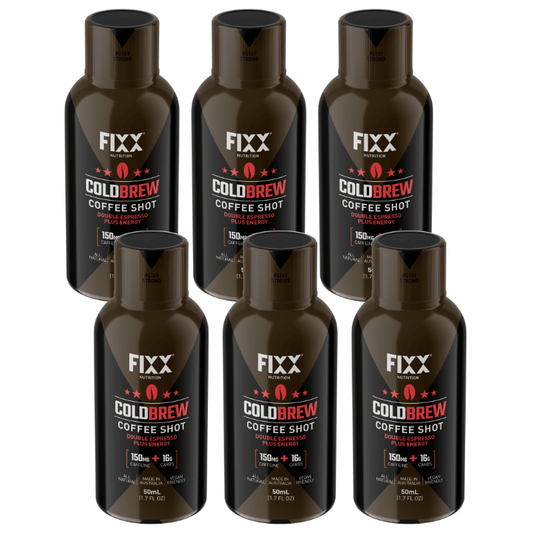

Coldbrew 50ml 6 Pack Energy
Coldbrew 50ml 6 Pack Sugar Free
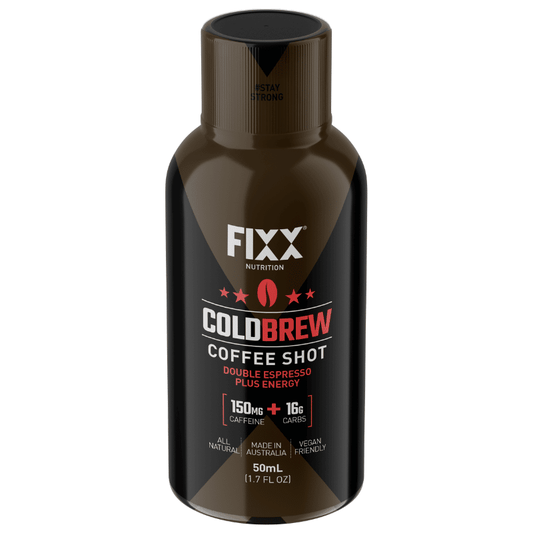

Coldbrew 50ml Energy
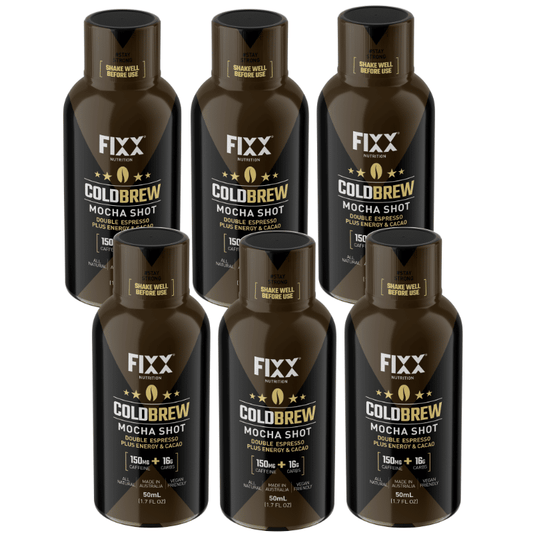
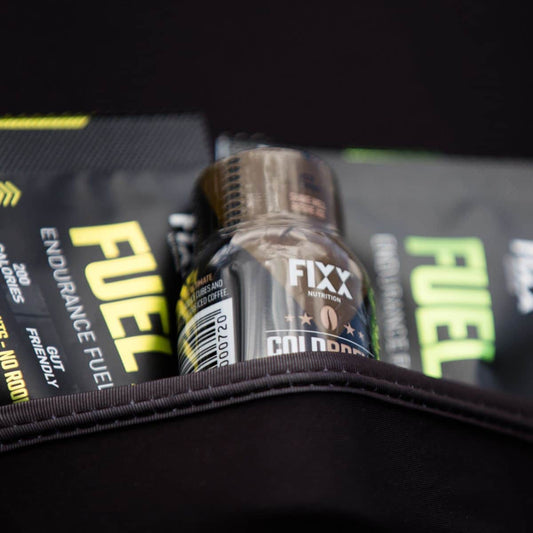
Coldbrew 50ml 6 Pack Mocha
Sponsored Events

ABOUT US
Before we embarked upon a journey to trial the benefits of using a humble jar of pickle juice to improve athlete performance, there really wasn’t another product like CrampFix® on the market.
In 2016, we began testing a specially formulated, all-natural pickle juice concoction on a team of professional rugby union players, with the aim of lengthening their on-field performance time by eliminating muscle cramps.
After almost two years of testing and tweaking, the all-natural CrampFix® was brought to market for professional athletes.
Athlete Stories
The only stuff I use, when I feel the cramps coming CrampFix makes them go away. Always have it for any hard training days and races.
Sean L.
Every single product by Fixx Nutrition is amazing and this is another one of those. Great tasting and perfect for fuelling my runs.
Steve W.
Great product I use for training and race day. Subtle flavour, not sweet and no issues on the gut. Perfect product.
Daniel U.
Great product! I have been using these for my long runs for months and love them. They don’t upset the stomach, great taste and does the job getting me through long distances. Having sodium included is also handy as you don’t need to as much or if any sodium capsules. Thanks for creating a great product FuelX!
Montana G.
From the blog
-

Behind the Scenes: How Australian Institute of ...
The Australian Institute of Sports Nutrition is the country’s leading authority on supplementation. Any athlete who looks for reliable products should know that the company they trust follows the AIS’s...
Behind the Scenes: How Australian Institute of ...
The Australian Institute of Sports Nutrition is the country’s leading authority on supplementation. Any athlete who looks for reliable products should know that the company they trust follows the AIS’s...
-

Fuel X Pro: The Science-Forward Formula for End...
At the start of any athletic event, you likely have one thing on your mind: the finish line. But to get there, you need proper hydration and nutrition. This starts...
Fuel X Pro: The Science-Forward Formula for End...
At the start of any athletic event, you likely have one thing on your mind: the finish line. But to get there, you need proper hydration and nutrition. This starts...
-

Cramp Myth-Busting: 5 Common Misconceptions Abo...
Muscle cramps affect as much as 90% of athletes during their career [1], and they affect males more often than females. This could be due to the fact they have...
Cramp Myth-Busting: 5 Common Misconceptions Abo...
Muscle cramps affect as much as 90% of athletes during their career [1], and they affect males more often than females. This could be due to the fact they have...
-
FREE STANDARD DELIVERY
Free delivery on orders $100+
-
money back guarantee
If you are not 100% satisfied with your purchase, we will provide a 30-day money back guarantee.
-
100% Secure Checkout
Shop with confidence with our safe secure SSL certificateand most trusted payment gateway







